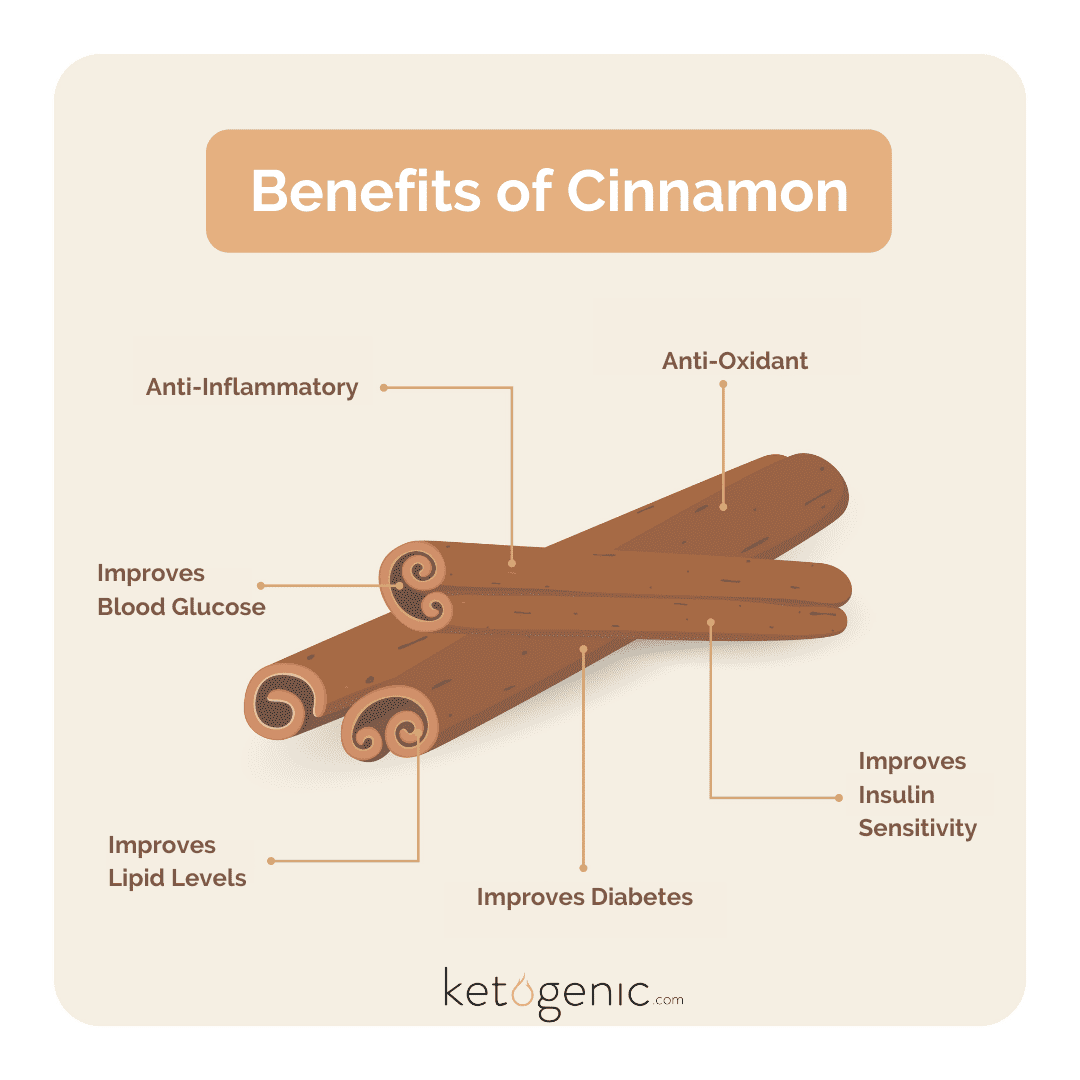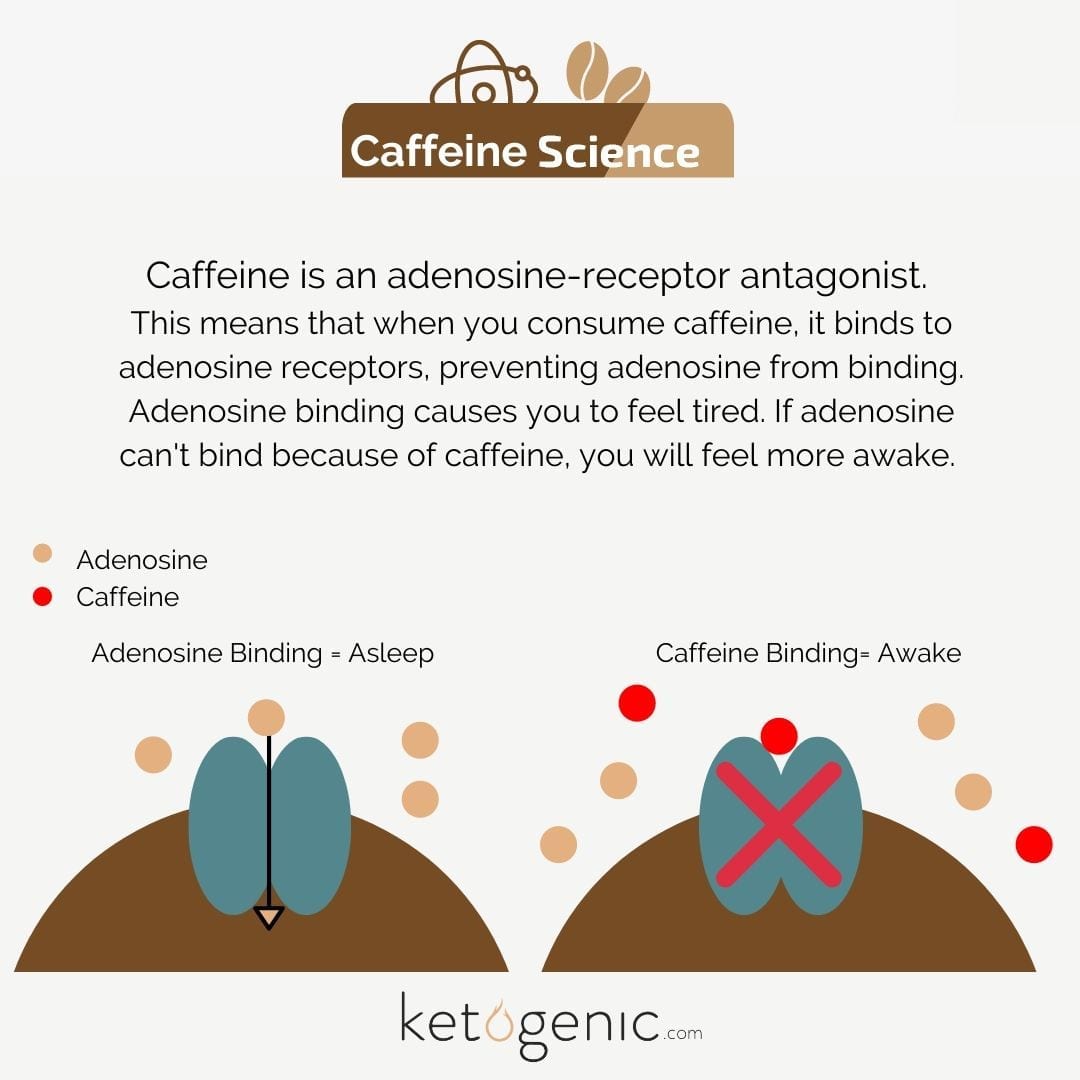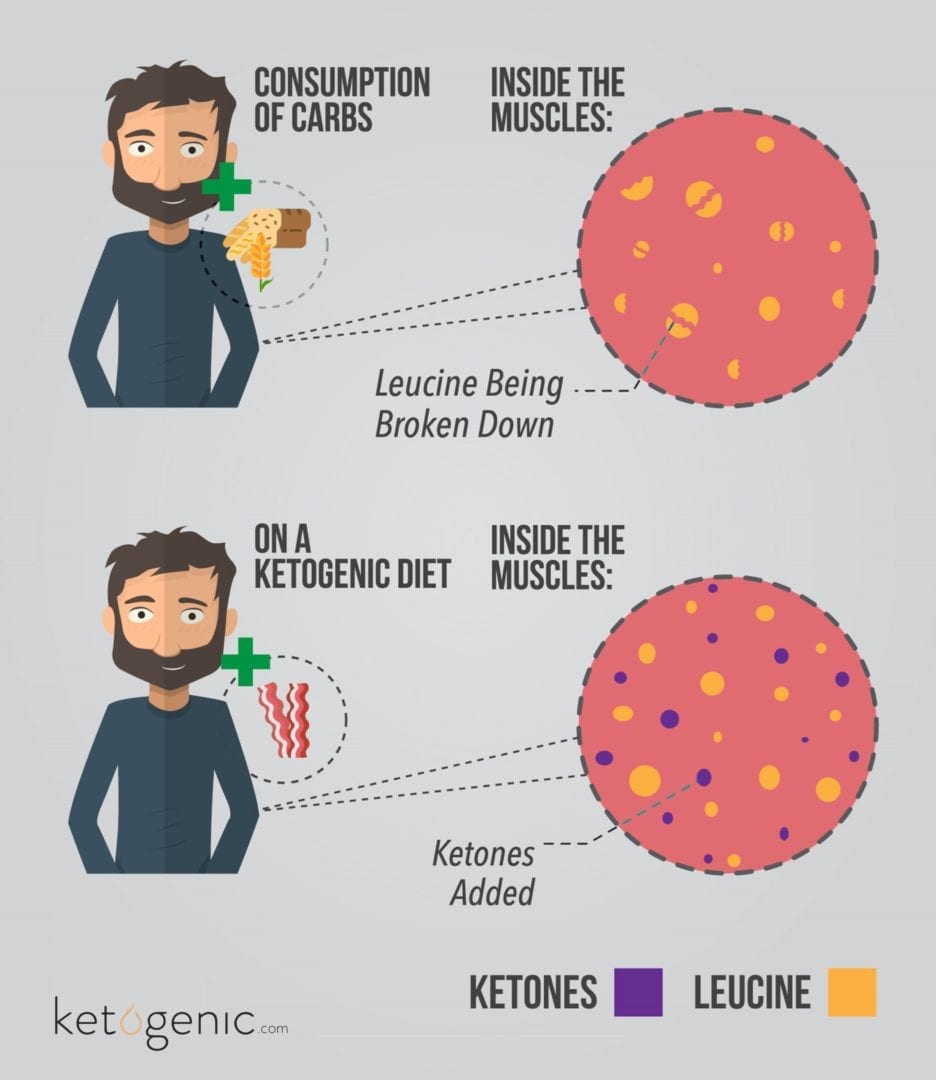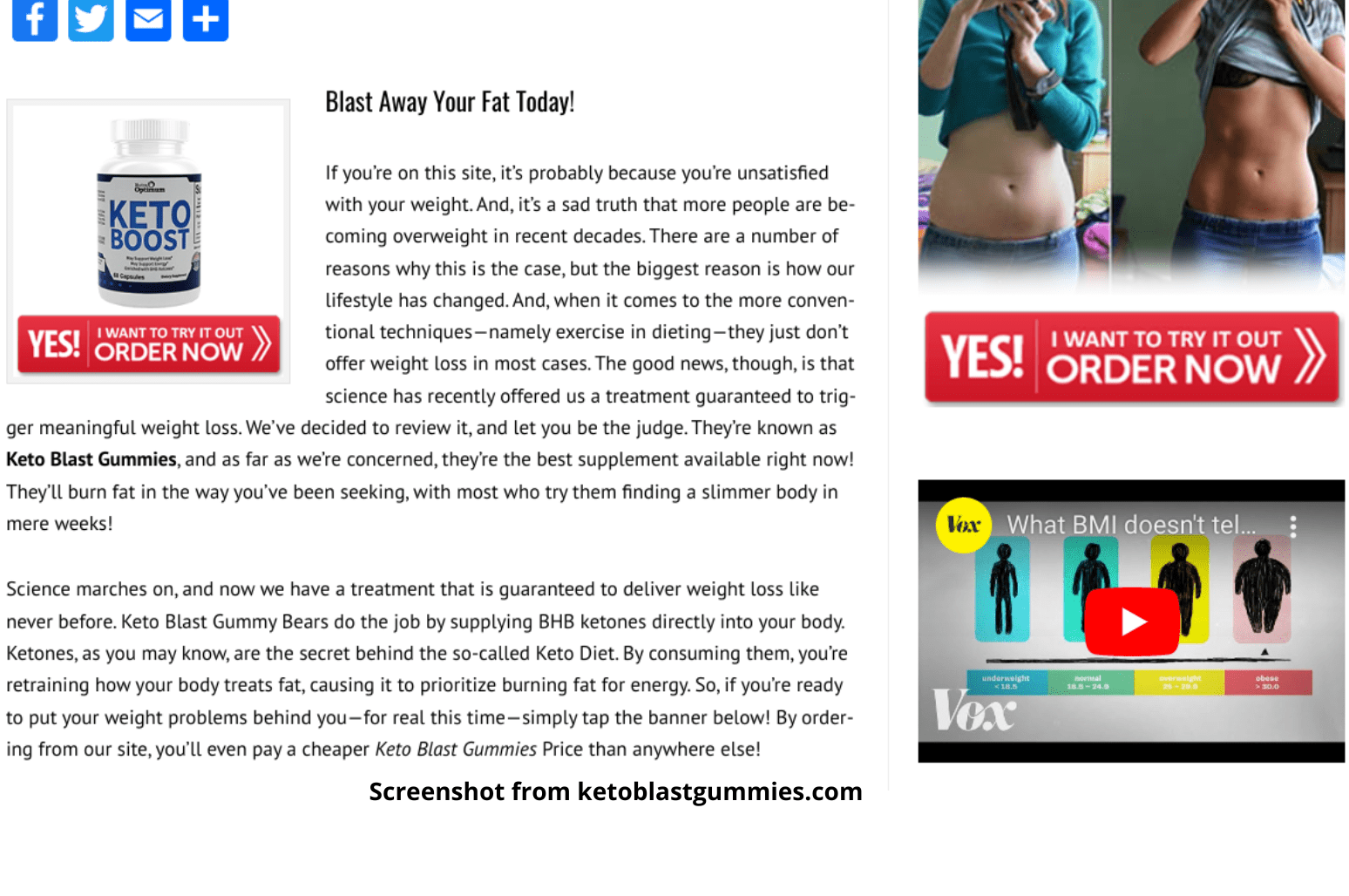Keto Supplements: Which Are Beneficial and Which Are a Scam?

There’s no doubt that consistency and commitment are the foundations of ketogenic dieting. This means a lifestyle commitment to getting enough sleep, keto-friendly foods, adjusting your macros to favorably fit nutrient programming, and making sure you get enough exercise to catalyze results (exercise and non-exercise physical activity (NEPA)). Adherence is especially important to ketogenic dieting in order to successfully respond and adapt metabolically. That being said, many people turn to keto supplements before nailing down these crucial elements.
Supplements are meant to be supplemental. This means that they should be introduced to optimize your already healthy habits (i.e. diet and exercise), rather than being used to solely fix related problems. Once you have nailed down these key elements, then you can begin to consider what keto supplements can help you optimize your health. Below are some of the top keto supplements you should look out for, and also some to avoid.
Insulin Sensitizing Supplements
Increasing insulin sensitivity is one of the fundamental goals of a ketogenic diet. Insulin is important to us because it can be our greatest ally or our biggest enemy depending on our dietary habits and metabolic state. Insulin serves as the “key master” (agonist) to unlocking insulin-dependent cells. Insulin is anabolically productive when it shuttles serum glucose to the muscle (stored as glycogen) for energy, and amino acids to cells for growth and repair. This can go the other way as insulin is equally capable of driving glucose to fat cells for lipogenesis and storage. For short and long-term health keeping on insulin’s “good side” is your best bet.
While ketogenic nutrition addresses insulin sensitivity by eliminating simple carbohydrates (sugars), starches, and replacing them with adequate amounts of fibrous leafy greens, nuts, and legumes to satisfy 5% to 10% of your total caloric intake, supplementation can contribute additional benefit to increasing insulin sensitivity. 
1) Vitamin D
Although the causal mechanisms have yet to be known, there is a strong relationship between Vitamin D deficiency (via measured blood levels of indicator 25-hydroxyvitamin D) and Type II Diabetes Mellitus (T2DM) (insulin resistance). Even though correlation does not equal causation, the strength of the relationship has compelled researchers to explore the possibilities. If you live in a cooler climate or somewhere that does not receive a lot of sunlight, or if you are Vitamin D deficient, incorporating Vitamin D supplements may not just support insulin sensitivity, but also skeletal muscle and performance [1] [2]. 
2) Zinc
Zinc can potentially help with insulin sensitivity given the user is insulin-resistant and deficient in zinc. While improving insulin sensitivity, zinc supplementation can reduce levels of serum insulin and diabetic correlative biomarker HbA1c. Keeping track and evaluating several days of one’s diet to measure zinc content would be the ideal way to go about assessing a potential deficiency. Hence, Zinc is ideal for anyone just starting the ketogenic diet given they are insulin-resistant and have a zinc deficiency in their diet [3].

Glucose Metabolism Supplements
Glucose metabolism is important to understand in order to consciously enter and maintain a ketogenic state. Regulating glucose metabolism extends beyond the bi-hormonal counterbalance of insulin and glucagon. As discussed in the previous section, limiting your carbohydrate sources to fibrous low glycemic options is one piece to the puzzle. Besides serum glucose from feeding, circulating blood glucose can derive from glycogenolysis and gluconeogenesis. As the name implies, glycogenolysis describes the reformation of glucose, from its stored form as muscle glycogen, typically resulting from increased energy demand from exercise. Gluconeogenesis, on the other hand, forms glucose from amino acids and lactate; typically invoked by a fasted state [4].
From the keto supplemental perspective, the idea is to try to favorably influence glucose metabolism with the assumption that you are doing everything else correctly. Specifically, mitigating the prevalence of glucose in the bloodstream.
1) Alpha Lipoic Acid (ALA)
Although water-soluble, ALA is a mitochondrial fatty acid that is intimately involved in energy metabolism. Although the body synthesizes ALA, exogenous sources can be utilized as well. In ketogenic dieting, meats and several vegetables are the main dietary source of ALA. Whether dietary or supplemented, ALA can influence antioxidant-enzyme proliferation and may reduce blood glucose briefly. [5]. As a fatty acid, ALA may compete for absorption when taken alongside dietary fat. This may make it a better idea to supplement with ALA by itself or in your meals that contain the lowest fat content.
2) Chromium
Although the science is not tremendously strong, chromium supplementation (1,000mg as Chromium Picolinate) may help reduce fasted blood glucose levels. Although the mechanism has not been established, it is believed to be associated with the protein Chromodulin. This protein is responsible for insulin receptor signaling in insulin-dependent cells. Its activity is dependent on Chromium plasma concentrations, thus lending to the theoretical benefits of Chromium supplementation. Mouth to the gut, gut to bloodstream, bloodstream to cells, sounds easy right? Well, it’s not always this simple. More research is needed to explore and establish causal mechanisms between Chromium supplementation and potentiating Chromodulin activity. Chromium supplementation may be best saved once in a metabolically favorable state [6].
3) White Kidney Bean
White Kidney Bean (Phaseolus vulgaris) as an extract has been supplemented with the unique strategy to interfere with or block carbohydrate absorption. Here’s a distinction to note. Botanical supplementation is not necessarily significant because of the “plant’s effect,” but the concentration of its active constituents, or “the actives.” In this case, White Kidney Bean extracts tend to have a lot of something called Alpha-Amylase Inhibitor Isoform 1 (Alpha-AI1). Supplementing White Kidney Bean Extract with this active alongside a higher glycemic meal can help blunt carbohydrate absorption, and thus reduce an otherwise higher glycemic response to such food [19]. In ketogenic dieting, this could be particularly useful in the 2 to 4-week adaptation period, especially if you are not cutting carbohydrates “cold turkey” right away.
4) Cinnamon Bark Extract (Cinnamomum cassia)
Cinnamon (Cinnamomum cassia) can reduce blood glucose levels when taken alongside carbohydrates. Similar to the way we understand White Kidney Bean’s relationship to Alpha-Amylase, Cinnamon Bark Extract demonstrated effectiveness in regulating postprandial (following a meal) hyperglycemia (high blood sugar) by inhibiting intestinal alpha-glucosidase activity [7]. Cinnamon also mitigates blood glucose spikes by improving blood glucose channeling to muscles [8]. When calculating the dose, keep in mind the botanical ratio. For example, if one was to use 500 mg of Cinnamomum cassia at 20:1 ratio, this means that 10 grams of the plant were used to produce the botanical extract consumed.

Improving Fat Metabolism / Oxidation
Fats (fatty acids) are the most abundant energy source in the body and the energy source of choice during ketogenic dieting. Optimizing fat metabolism through the ketogenic diet is a nutrient programming effort to train your body how to prioritize both fats from your food (postprandial triglycerides) and stored body fat (adipose tissue) to fuel exercise and resting metabolism. Supplementing may support fat metabolism in several ways.
1) Caffeine
Caffeine is the renowned fuel source of choice (via coffee) for the 9-to-5 grind and the first thing most people reach for in the morning. This is because caffeine is an exceptional adenosine receptor antagonist. By caffeine competing with adenosine, a mediator of perceived sleepiness, caffeine promotes wakefulness and alertness [12] [13]. Besides the beloved wakefulness, caffeine is known to promote thermogenesis as well as fat oxidation [14]. A more recent study showed an increase in plasma concentrations of serum-free fatty acids (53%, 40% & 50%) during rest, 5 minutes of cycling, and exhaustion in 75-year old subjects [15]. Although most research supporting these effects is correlative, it is safe to assert that your morning cup of coffee may be doing more than just waking you up. Whether you are new to caffeine or a pro, be sure to safely assess your tolerance.
Let’s assume you are a ketogenic diet and coffee is your caffeine supplement of choice. Depending on the bean source, roast, and coffee-making method, an 8oz cup of coffee will yield approximately 100mg of caffeine. If you are practicing nutrient-programming and struggling to take a tablespoon of MCT (Medium-Chain Triglyceride) Oil, Coconut Oil, or Grass-fed butter, mixing it into a cup of coffee is a great way to ease the delivery. Since caffeine tolerance increases with repeated use, switch up your coffee for decaf and give yourself about a week off to restore some of your caffeine sensitivity.
2) Capsaicin
Capsaicin (capsaicinoids) is an incredibly spicy molecule extracted from the fruit of red peppers (Capsicum annum). Whether you are living it up at a spicy restaurant or supplementing the trade form (Capsimax®), make sure to be ready for a thermogenic effect. A 2013 study investigated Capsaicin’s effects on blood pressure, substrate oxidation, and energy expenditure (daily) on subjects in a 25% negative energy balance. Subjects received either 100% or 75% of their caloric needs, and either 2.56mg of active Capsaicin (1.03g of red chili pepper, 39,050 Scoville heat units [SHU]) or placebo with each meal. Although differences in diet-induced thermogenesis (DIT), resting energy expenditure (REE), blood pressure, and sleeping metabolic rate (SMR) was not significant between groups, fat oxidation was higher in the 75% energy balance + Capsaicin group than both placebo groups (p=0.03) [16]. The take-home message is that Capsaicin supplementation with meals can promote fat oxidation. This may be particularly beneficial to obese ketogenic dieters that are trying to adapt to a daily caloric deficit or negative energy balance.
Preserving Lean Muscle Mass
Lean mass preservation is crucial for ketogenic dieters for several reasons. For starters, the more lean muscle mass one has, the greater the metabolic demand (from lean mass) compared to those with less lean mass.
1) Leucine and BCAA’s
Leucine is the king of Branched Chain Amino Acids (BCAAs) and touted as the most anabolic amino acid. It is particularly special to ketogenic dieters as it is one of two amino acids (the other being Lysine) that are non-glucogenic. In the BCAA complex, Isoleucine and Valine are in fact glucogenic. One of the most important reasons for Leucine supplementation is its ability to activate the mTOR (Mammalian Target of Rapamycin) pathway independent of insulin or other growth signals [17]. Leucine supplementation is an excellent solution to managing a net positive daily MPS balance. Taking approximately 2,000mg to 5,000mg each day is ideal.
2) Beta-Hydroxy-Beta-Methylbutyrate (HMB)
An enzyme complex known as BCAA dehydrogenase complex (BDC) regulates BCAA metabolism. Luckily for us, timely exercise promotes the abundance of the BDC complex to break down circulating BCAA’s. Unfortunately, as these BCAA’s are broken down into their metabolites, this interferes with or inhibits, the BDC complex to do its job. A brilliant solution to work around this rate-limiting factor is to supplement with these metabolites directly! Beta-Hydroxy-Beta-Methylbutyrate (HMB) is a Leucine metabolite that comes in a calcium or free acid form in the market. Since Leucine metabolism only yields 5% HMB, supplementing with HMB directly achieves 20 times more of the metabolite, and without concerns for the consequences of BDC inhibition. Supplementation with HMB has shown to actually prevent muscle tissue breakdown [18]. HMB’s anti-catabolic properties, when supplemented 3g/day, may be especially beneficial to sedentary obese ketogenic dieters concerned with lifestyle-induced muscle atrophy, vegetarian ketogenic dieters who may not get adequate amounts of protein from their diet, or high-performance athletes who wish to mitigate muscle damage from high-intensity training.
3) L-Carnitine
L-Carnitine is a popular amino acid endogenously (inside the body) involved in energy metabolism and mitochondrial protection. Several market variations include Acetyl-L-Carnitine (ALCAR), L-Carnitine Tartrate, L-Carnitine Fumarate, Propionyl-L-Carnitine, and Glycine Propionyl-L-Carnitine (GPLC). Even though the body produces L-Carnitine, supplementation may have a number of positive effects advantageous to ketogenic dieters, even though there are studies demonstrating effects on blood glucose and insulin sensitivity among those with glucose intolerance or diabetes [9], L-Carnitine supplementation has been noted as an ergogenic aid for its demonstrated roles in muscle glycogen sparing and mitigating muscle lactate accumulation [10] [11]. Even though endogenous Carnitine plays a critical cellular role, stronger research is needed to demonstrate whether exogenous L-Carnitine supplementation can improve body composition; however, some studies indicate that it can have an effect on dietary fat oxidation.
Keto Supplements to Avoid
When choosing a keto supplement, it is important to avoid exogenous ketone pills. In order for exogenous ketones to be effective, you must consume a dose between 6g-12g (depending on the isomer). Keto diet pills, specifically the Shark Tank Keto Diet Pills, are apart of a massive scam. We did a complete, in-depth uncovering of this keto pill scam, showing just how harmful these Shark Tank keto pills really are. To learn more and avoid falling for this keto scam yourself, check out our full articles here:
- Shark Tank Keto Diet Pills: How to Spot a Scam
- Keto Scam on “Shark Tank” and Instagram
- Shark Tank Keto Pills Strike Again on Instagram
Conclusions About Keto Supplements
Remember, supplements are both secondary and conditional to lifestyle commitment. Long story short, if you are not taking the steps to metabolically adapt and stay in ketosis, supplementation will have a minimal effect. Hopefully, this article gives a great starting point and equips you with enough curiosity to explore and do your own research. Similar to diet and exercise, building a keto supplement regiment is a learning process, and when done right can make a meaningful impact on your efforts.
References
Alvarez, J. A. & Ashraf, A. (2009). Role of vitamin D in insulin secretion and insulin sensitivity for glucose Homeostasis, International Journal of Endocrinology, 2010, doi:10.1155/2010/351385
Ceglia, L. (2009). Vitamin D and Its Role in Skeletal Muscle. Current Opinion in Clinical Nutrition and Metabolic Care, 12(6), 628–633.
Hashemipour, P., Kelishadi, R., Shapouri J., Sarrafzadegan N., Armino, M., Tavakoli, N., … Poursafa, P. (2009). Effect of zinc supplementation on insulin resistance and components of the metabolic syndrome in prepubertal children, Hormones (Athens), 8(4):279-85.
Aronoff, S. L., Berkowitz, K., Shreiner, B., Want, L. (2004). Glucose Metabolism and Regulation: Beyond Insulin and Glucagon, Diabetes Spectrum, American Diabetes Association, 17(3): 183-190.
Porasuphatana S., Suddee S., Nartnampong A., Konsil J., Harnwong B., Santaweesuk A. (2012). Glycemic and oxidative status of patients with type 2 diabetes mellitus following oral administration of alpha-lipoic acid: a randomized double-blinded placebo-controlled study, Asia Pacific Journal of Clinical Nutrition. 21(1):12-21.
Vincent, J. B. (2000). The Biochemistry of Chromium. The Journal of Nutrition. 130(4); 715-718.
Shihabudeen, M. S., Priscilla, H. D., Thirumurugan, K. (2011). Cinnamon extract inhibits alpha-glucosidase activity and dampens postprandial glucose excursion in diabetic rats, Nutrition & Metabolism. doi: 10.1186/1743-7075-8-46
Khan, A., Safdar, M., Khan, M. M., Khattak, K. N., Anderson, R. A. (2003). Cinnamon Improves Glucose and Lipids of People With Type 2 Diabetes, Diabetes Journal. 26(12): 3215-3218.
Galloway, S. D., Craig, T. P., Cleland, S. J. (2011). Effects of oral L-Carnitine supplementation on insulin sensitivity indices in response to glucose feeding in lean and overweight/obese males, Amino Acids.doi: 10.1007/s00726-010-0770-5.
Molfino, A., Cascino, A., Conte, C., Ramaccini, C., Rossi, F. C., Laviano, A. (2010). Caloric restriction and L-Carnitine administration improves insulin sensitivity in patients with impaired glucose metabolism, Sage: Journal of Parenteral & Enteral Nutrition. doi: 10.1177/0148607109353440.
Sahlin, K. (2011). Boosting fat burning with Carnitine: an old friend comes out from the shadows, The Journal of Physiology.
Sahlin, K. (2011). Boosting fat burning with Carnitine: an old friend comes out from the shadows, The Journal of Physiology.
Liu, Y., Burger, S. K., Ayers, P. W., Vöhringer-Martinez, E. (2011). Computational study of the binding modes of caffeine to the adenosine A2A receptor, The Journal of Physical Chemistry B. doi: 10.1021/jp2022049.
Huang, Z. L., Urade, Y., Hayaishi, O. (2011). The role of adenosine in the regulation of sleep. Current Topics in Medicinal Chemistry. 11(8):1047-57.
Astrup, A., Toubro, S., Cannon, S., Hein, P., Breum, L., Madsen, J. (1990). Caffeine: a double-blind, placebo-controlled study of its thermogenic, metabolic, and cardiovascular effects in healthy volunteers, American Journal of Clinical Nutrition. 51(5):759-67.
Norager, C. B., Jensen, M. B., Weimann, A., Madsen, M. R. (2006). Metabolic effects of caffeine ingestion and physical work in 75-year old citizens. A Randomized, double-blind, place-controlled, cross-over study, Clinical Endocrinology. doi: 10.1111/j.1365-2265.2006.02579.x
Janssens, P. L. H. R., Hursel, R., Martens, E. A. P., Westerterp-Plantenga, M. S. (2013). Acute Effects of Capsaicin on Energy Expenditure and Fat Oxidation in Negative Energy Balance, PLoS One. doi: 10.1371/journal.pone.0067786
Gran, P., Cameron-Smith, D. (2011). The actions of exogenous Leucine on mTOR signaling and amino acid transporters in human myotubes. BMC Physiology. doi: 10.1186/1472-6793-11-10.
Wilson, G., Wilson, J. M., Manninen, A. H. (2008). Effects of beta-hydroxy-beta-methylbutyrate (HMB) on exercise performance and body composition across varying levels of age, sex, and training experience: A review, Nutrition & Metabolism. doi: 10.1186/1743-7075-5-1
Barrett, M., Udani, J. K. (2011). A proprietary alpha-amylase inhibitor from white bean (Phaseolus vulgaris): A review of clinical studies on weight loss and glycemic control.Nutrition Journal. doi: 10.1186/1475-2891-10-24









